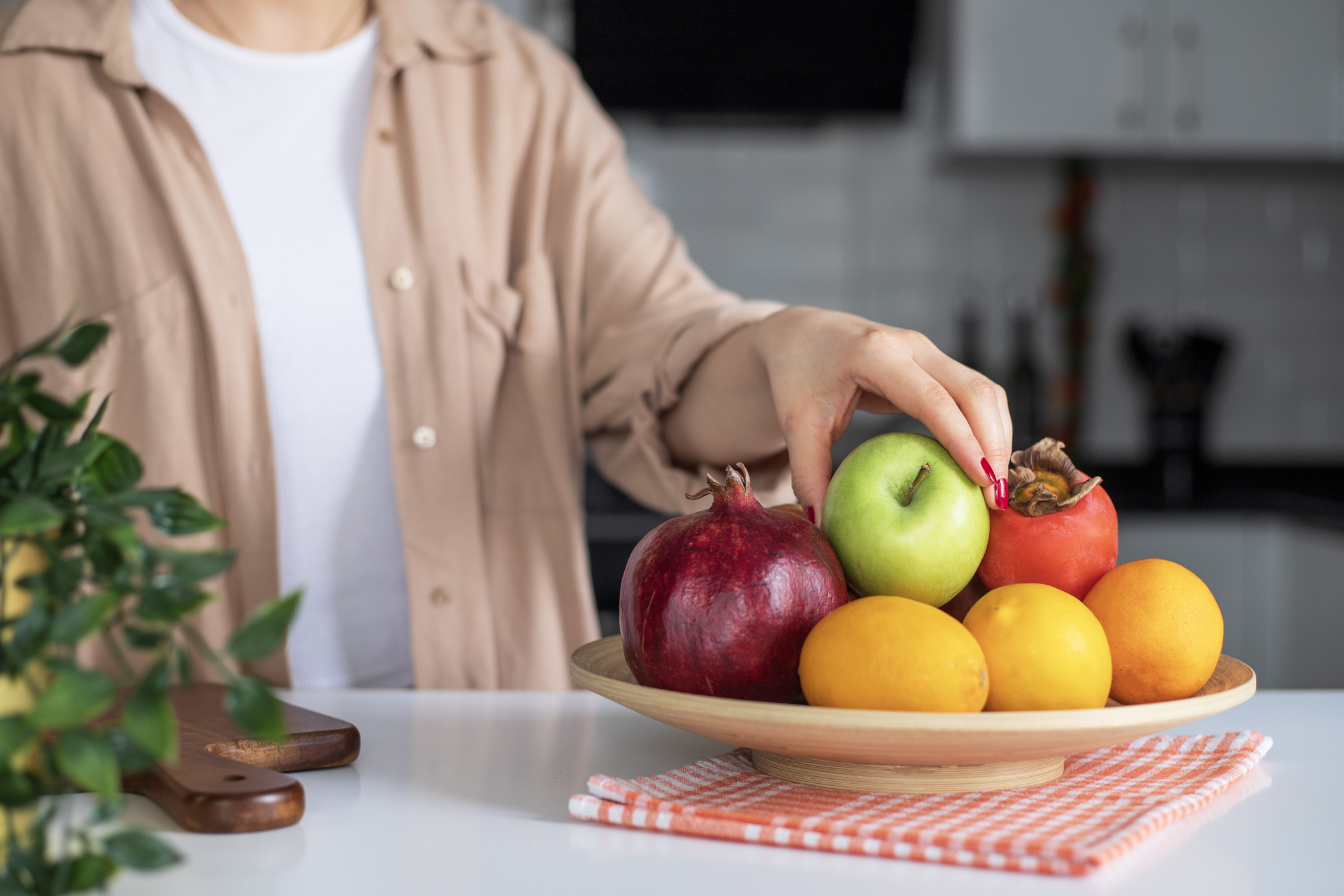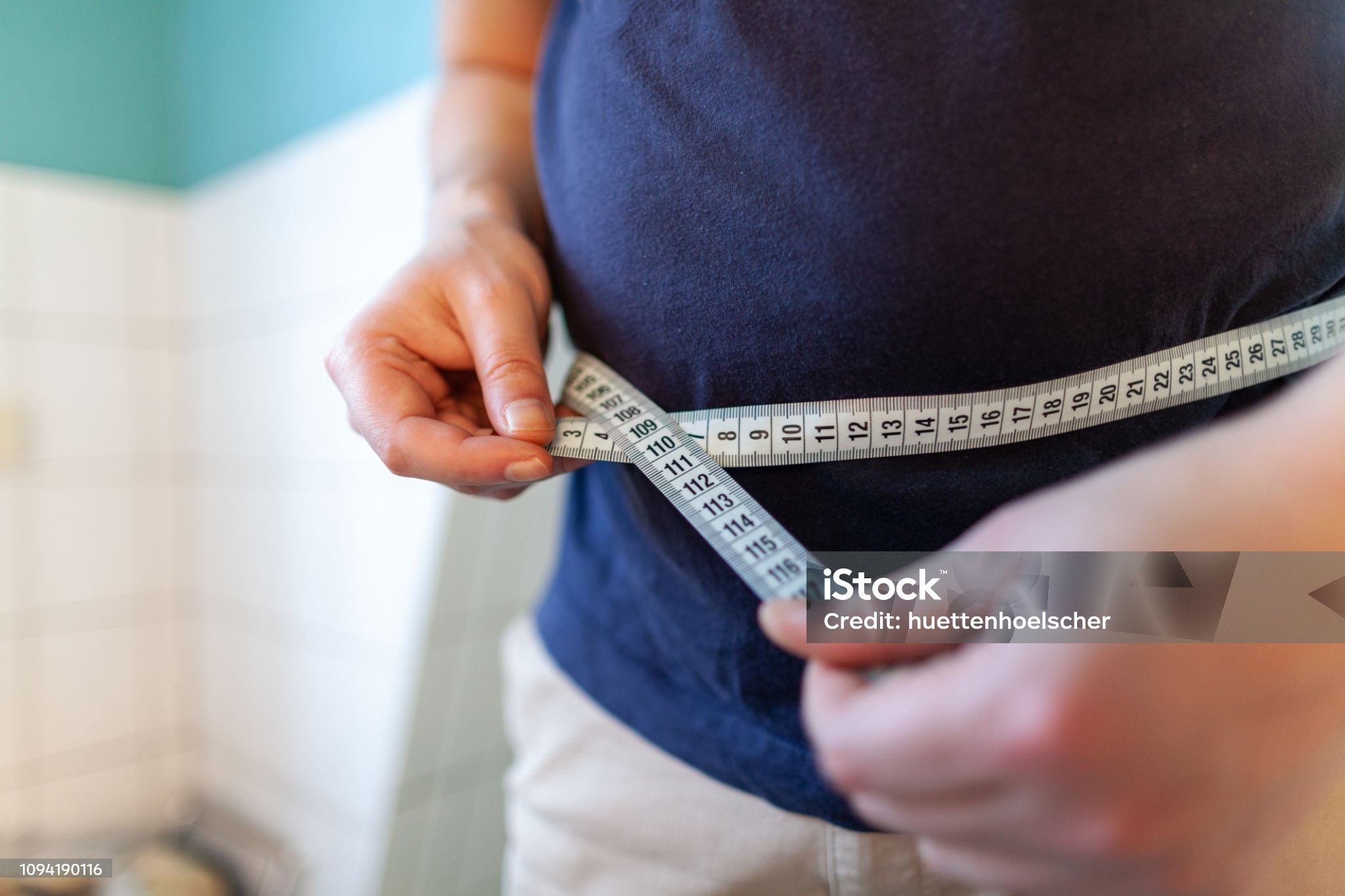Healthy lifestyle tips
Healthy eating and regular exercise can help you manage your weight.They can also help you reduce the risk of complications from being overweight. Here are some handy tips to help you make healthier food choices and move more.1,2


Healthy eating and regular exercise can help you manage your weight.They can also help you reduce the risk of complications from being overweight. Here are some handy tips to help you make healthier food choices and move more.1,2
Small changes, big difference
Forming good habits every day can have a positive effect on your physical and mental health. You can build up your good habits over time, so start small and be realistic.1,2
Choose one daily health-focused change, e.g. going for a walk after breakfast, or eating an apple after lunch, which you can easily work into your everyday routine. Over time, this will feel like second nature.1 If you choose an activity you enjoy, it will be even easier to stick to it.2
If you find it difficult to make these changes, you could try:2
- Having a ‘buddy’ to take part in physical activity with you
- Joining an online weight-loss community
- Attending organised weight-loss programme meetings in your area
Did you know?
Small changes, such as swapping sugary drinks or not having sugar in your tea can make a big difference in the long term.1
Exercise and activity tips2
If you are not particularly sporty, in can be hard to know where to begin. Start small by finding easy ways to fit more activity into your daily life and build up from there. For example:
- Stand rather than sit when you can, like on train, tube or bus journeys, or try getting off the bus a stop or two early and walking the rest of the way
- If you have to drive somewhere, try parking a little further to add a little extra activity
- Opt for the stairs rather than the lift, or walk up the escalator when you get the chance
- Perhaps you could make the school run a school walk or school cycle a few times a week
Getting into an exercise routine2
No matter how big or small, every bit of extra activity counts. However, the more you do, the more your health will benefit. Finding a way to make lasting changes and increase your activity levels in the long term can support weight management, help your treatment to work and make a real difference to your life.
The NHS better health website has lots of advice on how to establish an exercise routine, from doing an activity you love, trying it with friends or family, tracking your progress, strength-training or setting reminders. There are also links to workout videos and free exercise plans and links to Apps. See here for more information.

Tips for a healthy diet1,2
Try to aim for two or more portions of vegetables in a main meal (it should take up half of your plate)
Choose healthier carbohydrates where possible. Carbohydrates like potatoes, bread, rice or pasta should make up no more than a third of your meal – and try to have wholegrain versions where you can
Always include some protein – like beans, pulses, fish, eggs, lean meat or other types. It helps you stay full
With dairy products, keep it light and low. Pick lower-fat and lower-sugar options for milk, cheese and yoghurts
If you eat fish, try to have two portions a week. At least one portion should be oily fish, like sardines, salmon or mackerel
Eat more fruits and vegetables throughout the day. You don’t need to avoid fruits because the natural sugar they contain is different from the free sugars found in chocolate, biscuits and cake
Go for olive, sunflower and rapeseed oil when cooking, or in dressings. Choose healthier fats in foods too, such as unsalted nuts, seeds, avocados, oily fish, olive oil, rapeseed oil and sunflower oil
Eat less salt. Try to limit yourself to a maximum of 6g (one teaspoonful) of salt per day3
Tips for hydration, alcohol consumption and portion control1,2
Drink 6 to 8 cups of fluid a day; water, tea, coffee, soup – they all count!
Drink alcohol sensibly and avoid drinking on an empty stomach
Using smaller plates and bowls can help reduce your portion sizes at mealtimes
When cooking, try measuring ingredients such as oil, butter and ghee using a teaspoon to reduce amounts
Try to ensure you have at least two portions of veg as part of your meal. This helps to fill your plate with low-calorie, fibre-rich, filling foods, leaving less room for higher-calorie ingredients
Keep an eye on your servings. At family mealtimes, remember to serve your own portion to limit amounts and say no to seconds
Avoid distractions, such as the TV and mobile phone while eating – if you’re not focusing on your food, it can be easy to eat too much or too fast
Using kitchen scales can help you stick to or reduce suggested serving sizes

- NHS Better Health. Healthy easting when trying to lose weight.https://www.nhs.uk/better-health/lose-weight/healthy-eating-when-trying-to-lose-weight. Accessed November 2024.
- NHS Better Health. Get active.https://www.nhs.uk/better-health/get-active. Accessed November 2024.
- NHS Live Well, Eat Well. Salt in your diet – NHS. Accessed November 2024.
000697619 | December 2024


